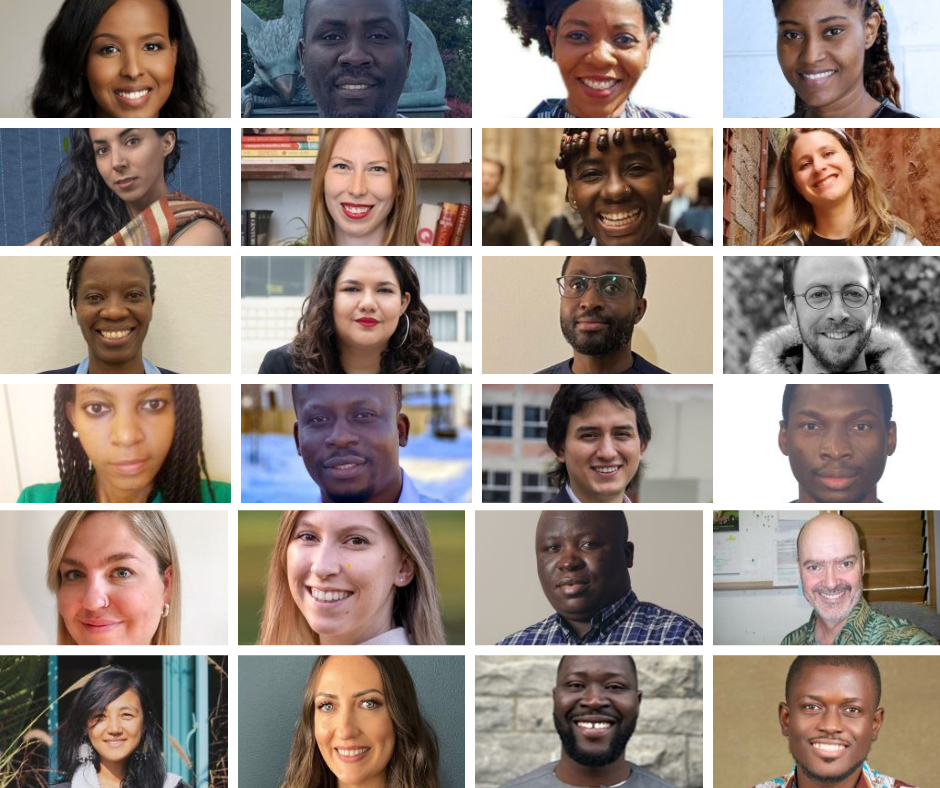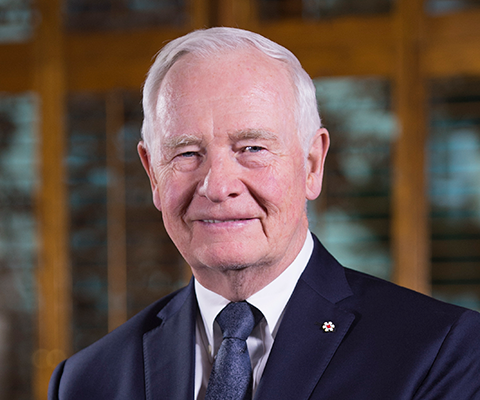Why the liberal arts are vital to our prosperity

This op-ed was published in the Moncton Times & Transcript and the Telegraph Journal on August 8, 2015.
By Robert Campbell, president and vice chancellor of Mount Allison University
Almost 10 million adult Canadians read newspaper content, and many of us head directly to the editorial and opinion pages. Why? It is in our nature to discuss, examine and share information and points of view. It is an essential part of what makes us human.
In Sapiens: A Brief History of Humankind, Yuval Harari maintains that it is not our ability to speak or communicate that differentiates us from other creatures. It is our ability to discuss. We are social animals. And discussing to problem-solve and cooperate is key to our survival.
And yet, we hear increasing skepticism about the value of studies in the humanities and social sciences, the precise fields of study that make us competent and effective when discussing and cooperating and being human. We ignore those studies at our peril.
I recently revisited the revamped Pier 21 in Halifax, which celebrates our character as a country of immigrants. Multiculturalism has played a consequential role in Canada’s evolution. When Canadians live and discuss and cooperate together, we engage with a range and complexity of distinctive cultures, languages and sensibilities. The humanities and social sciences help us to understand and navigate these intersections. The study of history and literature, or sociology and anthropology, or philosophy and religion – they each add to our collective interpretation and understanding of who we are, the complexities that we confront and the possibilities of what we can achieve together.
These insights and perspectives give us a world view as well. Can we fully understand what is happening in Greece, Syria, China, or in the U.S. today without having a grounding in and understanding of the history, cultures and emotions that comprise these societies?
I am president of a university in Canada’s only officially bilingual province, one that is increasingly embracing our aboriginal heritage and receiving a substantial influx of new Canadians from across the globe. Ours is an increasingly diverse and textured community, and our students need a range of understanding and tools to be successful and useful participants in this complex world. We have produced 10 Rhodes scholars in the last dozen years and they have one thing in common: they all have a strong interdisciplinary background with grounding in social sciences and humanities.
Like many educators and leaders, I fundamentally believe that students in all disciplines need exposure to the insights of the social sciences and humanities. Whether an engineer designing new highways, an urban planner building new communities, or a designer creating social media tools – our graduates need to understand people, what motivates them, how cultures work and how a society and economy can cooperate and prosper.
Employers report time and again that the top skills that they look for in new hires are teamwork, problem-solving, planning, and communications. Employers want our graduates to be prepared and able to work with others, to define and figure out how to approach complex problems, to discuss and debate competing perspectives and ideas, and to collaborate effectively on plans and solutions. These are the precise tools and skills that are developed through programs in humanities and social sciences.
Employment data confirms this reality, as there is a healthy demand for liberal arts graduates. For example, there are almost 40,000 Canadians with a bachelor’s degree in history – 18 percent of whom work in management occupations and another 23 percent who work in business, finance, and administrative positions. And these grads are doing well. Full-time employees with degrees in history earn on average the same as grads with degrees in biological and biomedical sciences – above $65,000 a year.
Canada’s universities are encouraging more exposure to the humanities and social sciences through innovative interdisciplinary programs to equip students in the science, technology, engineering, and mathematics fields with the skills that will help them succeed in applying their technical knowledge to complex social problems.
I am a president of a complex organization as well as a professional researcher in postal and communication systems around the world. Whatever success and accomplishment that I might enjoy in these occupations is substantially related to the excellent liberal arts education that I received at Trent University, where I really learned how to think, research and communicate, and to understand social and economic systems, culture and the world.
Where do we find liberal arts grads in today’s labour market? Everywhere. And they can be found especially as leaders across all political, economic and social sectors. A recent U.K. study found showed that the majority of the world’s leaders with higher education have degrees in the social sciences and humanities. Their skills in negotiation, problem-solving and collaboration helped them to be successful.
Humanities and social sciences programs produce graduates who are ready to adapt to, engage in, and help manage our changing world. The challenges that we face as a global community – social, economic, environmental and ethical – are rooted in complex intersections of identity and culture, business and politics. We need leaders in our corporate, technological, political and community realms with the necessary interdisciplinary and humanitarian perspectives and understandings, if Canada is to develop, succeed and prosper in a stable and just way.
A Council of Canadian Academies’ report earlier this year concluded that in order to ensure future innovation and productivity growth, Canada needs a workforce with a balance of both STEM and non-STEM skills, such as those acquired and used in the liberal arts.
It is not a question of developing one group or the other. It is necessary to generate more high quality graduates in both areas.
We must encourage today’s students to learn from and be exposed to the liberal arts in ever greater numbers, if Canada is to develop the array of effective leaders and informed citizens that will make it a successful society in the future.
About Universities Canada
Universities Canada is the voice of Canada’s universities at home and abroad, advancing higher education, research and innovation for the benefit of all Canadians.
Media contact:
Lisa Wallace
Assistant Director, Communications
Universities Canada
[email protected]
Tagged: Co-ops and internships




